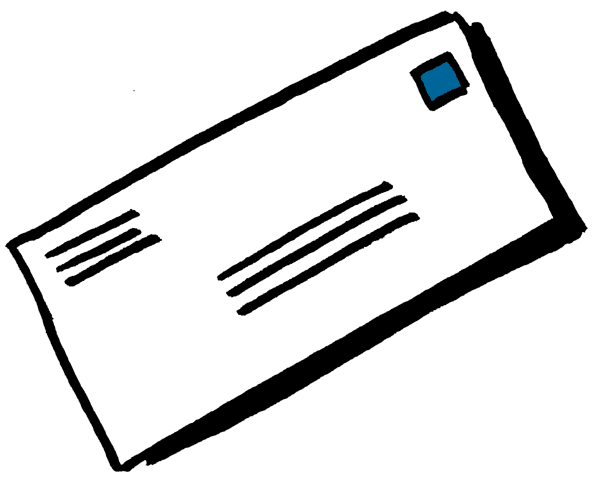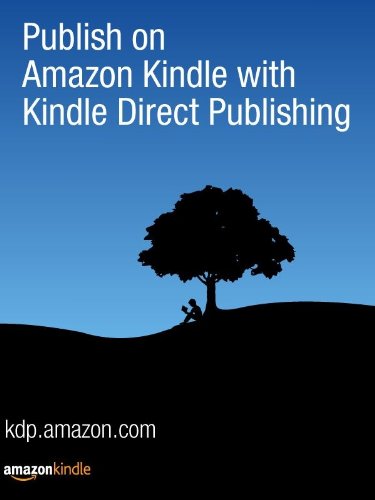Google started off as a search engine. This is certainly not news. Along the way, in the past almost sixteen years, it has tried to be many other things:
An Email giant,
The guys who would replace Microsoft Office with a free alternative,
The guys who would write a new programming language for the web,
The guys who would digitize all the books in the world,
The guys who would replace Facebook as a social network,
The guys who would map the entire map street by street,
The world's biggest video website,
and a bunch of other stuff.
When you try to do this much, you evidently step on a few toes, such as the ones of the people who appear on the maps, of the people who own the copyrights to the books you want to digitize etc.
Sometimes just trying 'Not to be Evil' is not good enough.
But nevertheless, I hope some of the stuff they are doing is going to change the world for the better...












